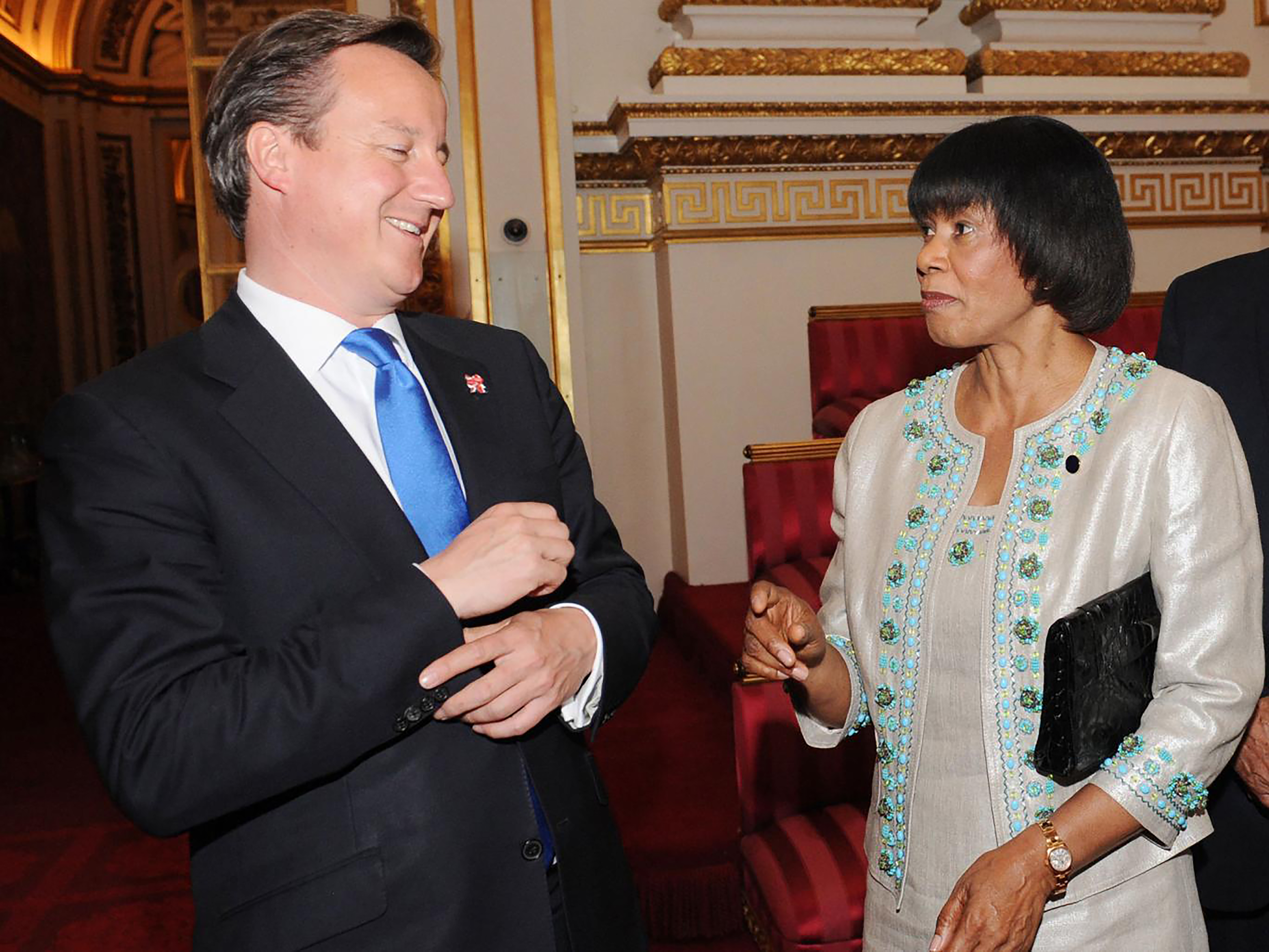Theo Clay, Msc Development Studies
Earlier this month during his visit to Jamaica, David Cameron was called upon to apologise for Britain’s role in the atrocities of the transatlantic slave trade and to enter into a discussion with Caribbean leaders over how to make amends and heal this historic wound. Even before Cameron dismissed any possibility of reparations or apology, outrage and incredulity were already flying across the press and social media at the suggestion. Why should we apologise or pay out for something that happened hundreds of years ago? Can’t we all just move on and forget about the past? Yes, all the victims and perpetrators of the slave trade have long since died, but Britain as a nation survives and carries this legacy on.
In Britain today we are still surrounded by the legacy of the slave trade. None of us directly participated in slavery, but we all benefit from it and experience it in our daily lives. You only need to look at the wealthy areas of port cities such as Bristol or Liverpool to see the effects of the slave trade. Estimates say that the cumulative value of the British sale of slaves would be worth £8 billion today, though this was likely multiplied many times through Britain’s primary role in the industrial revolution. Much of the press attention of Cameron’s visit pointed to his ancestral links with slave owners, but the reality is that the profits of slavery in Britain today are far harder to trace and dispersed throughout the entire population. Cameron’s role in apologising for the slave trade is not a personal one, but is nonetheless his responsibility as the mouthpiece for a country that has, and continues to, benefit from historical atrocities.
This is without even touching on the vast impact slavery still has in Jamaica. In his dismissive demand that they “move on” from the slave trade, Cameron is denying and downplaying a formative part of Jamaican identity. The issue of slavery is more than economic compensation; by playing down an important period in the narrative of a national identity, you dismiss its importance. One can look at the repeated riots in China after the denial of Japanese war crimes to see the effect this can have. Apology and acknowledgement play a crucial role in healing past wrongs and building relations today. There is precedent for this all over the world. Shinzo Abe, Prime Minister of Japan, recently avoided an international incident by continuing the Japanese tradition of apologising for Second World War atrocities. Germany only finished paying off the interest for its debts from the First World War (yes, the first) in 2010, and has paid billions in Holocaust reparations to the state of Israel. Even Cameron himself apologised for the 1974 “Bloody Sunday” killing of 14 unarmed Irish Prisoners earlier this year.
Critics will justifiably argue that the amount of time passed must make a difference when calling for reparations or historic apologies. You cannot hold a nation accountable for its past wrongs forever. However, in his justification for not apologising Cameron pointed to the fact that Britain was the first country to abolish slavery, implying this mitigates responsibility today. He referred back to this again during the Scottish Referendum debates, holding it up as a piece of history which we can collectively look upon with pride. We can all agree with the Prime Minister that ending slavery was a good thing, but how can you possibly claim pride for the achievements from 1833 but refuse to feel shame for atrocities committed months earlier? You cannot cherry-pick the elements of history you like. If Cameron wants to laud great moments of British history, he must confront the terrible ones.
Of course the practicalities of working out restitution mean that getting a realistic estimate of the money owed by whom to who is unlikely to ever happen. An apology however, and symbolic attempts at reparations and restitution could go a long way. This is not the demand of a few niche and bitter groups as it has been caricatured. Blair came close to apologising in 2006 when he said he felt “deep sorrow” at Britain’s role in the slave trade. 2015 marks the first year of the UN’s International Decade for People of African Descent, which calls on those who have “not yet expressed remorse or presented apologies to find some way to contribute to the restoration of the dignity of victims [of slavery]”. If Cameron was brave he would go one step further than Blair and embrace his responsibility to acknowledge and make amends for past wrongs. If he really wants to “talk about the future”, he can’t ignore history’s impact on the present.
